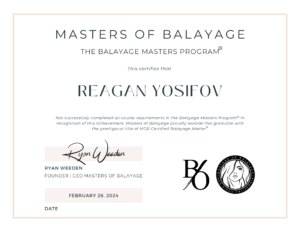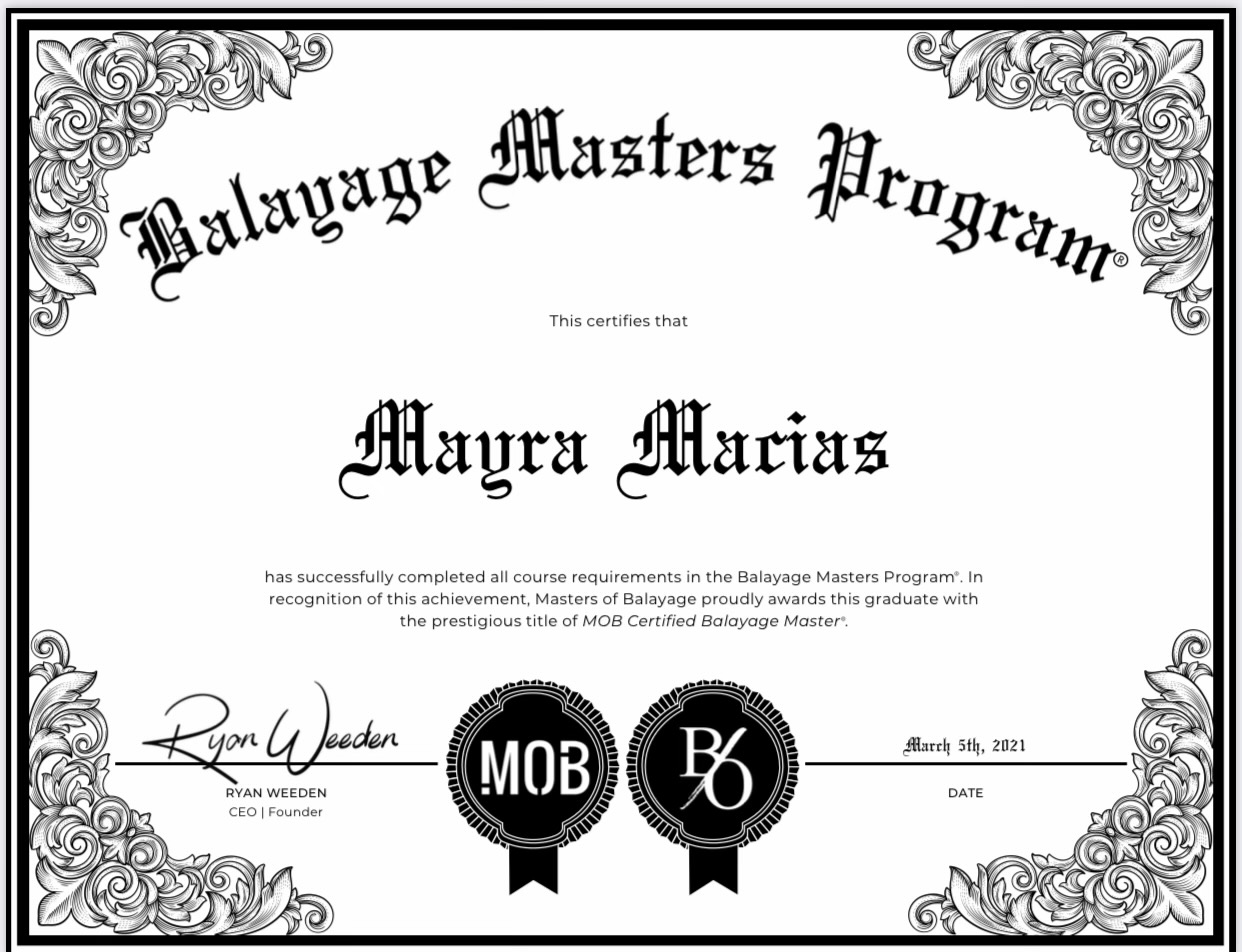
REIKI FOR STRESS RELIEF AND ANXIETY
By Melanie Suraci
Reiki is a Japanese energy healing technique that involves the transfer of energy from the practitioner’s palms to their client with a series of hand positions. The word Reiki is made of two Japanese words Rei which means “God’s Wisdom or the Higher Power” and Ki which means “Life Force Energy”.
Reiki promotes healing by activating the relaxation response and helping the body to balance itself from a deep level. The idea behind Reiki is that an unseen “life force energy” flows through us and is what causes us to be alive. Similar to acupuncture, disruptions of the flow of energy through the chakras (energy points in the body) and meridians (paths in the body through which life-energy flows) and collections of
negative energy in the aura are thought to cause both physical disease and psychological issues such as anxiety.
Reiki treats the whole person including body, mind and spirit. Clients seek Reiki for a variety of issues such as chronic pain, fatigue, anxiety, depression, and infertility. It is especially helpful for stress relief and anxiety because it induces relaxation in a manner similar to yoga and acupuncture. Reiki can change one’s stress response and reduce the release of cortisol, the stress hormone. Many clients will experience a sense of deep relaxation, relief from metal and emotional stress, sensations of warmth or tingling, relief from aches and pains, and a general sense of well-being.
In today’s hectic and face-paced society, many more people are inflicted with stress and anxiety or anxiety-like symptoms. Many people are looking for natural and non-pharmaceutical ways to treat anxiety and gain more peace of mind, which is one major reason why Reiki has increased in popularity. It is also gaining wider acceptance in medical establishments and many hospitals now have Reiki-trained physicians, nurses, and support staff on their roster.
Reiki treatments are relaxing to the body, nourishing to the soul, and are recommended to be done on a regular basis for maximum benefits.


